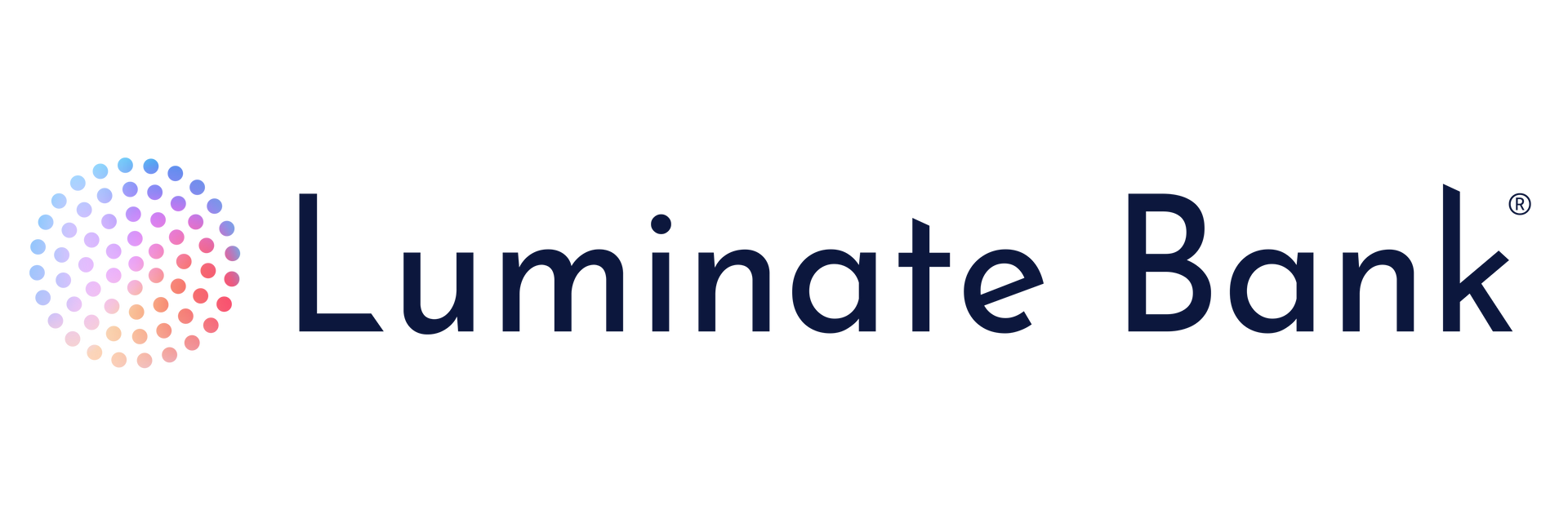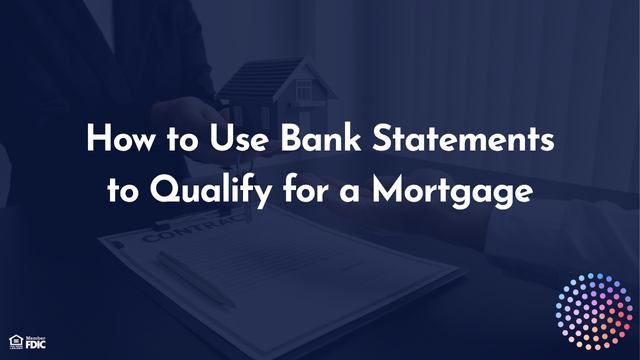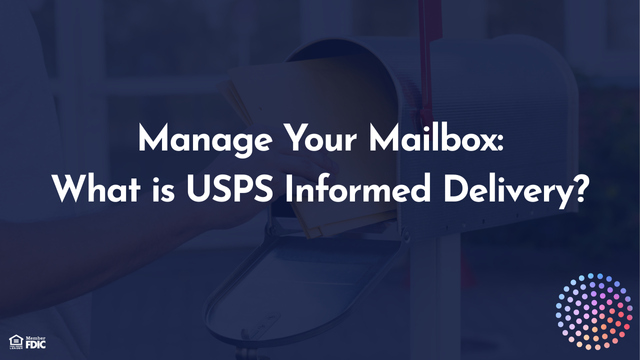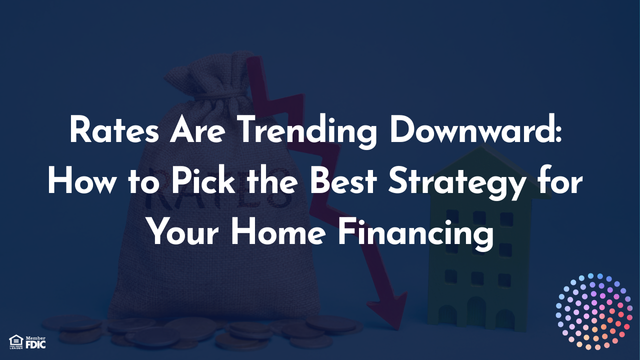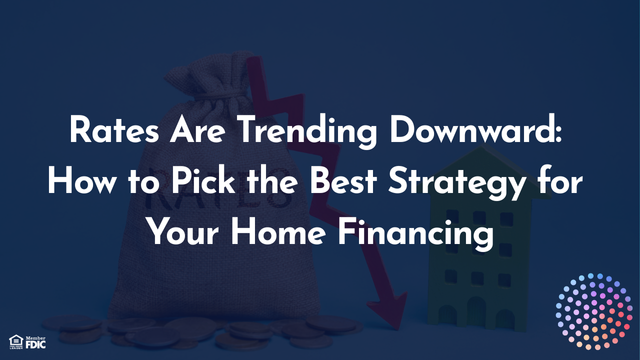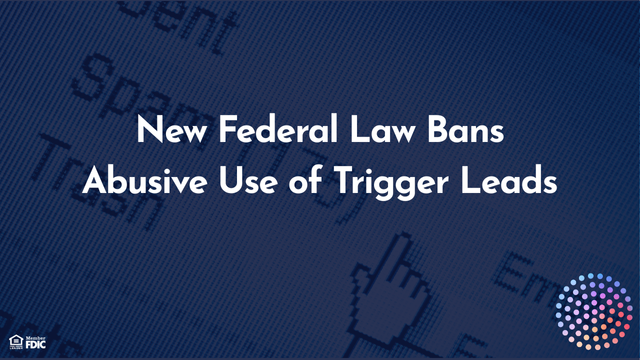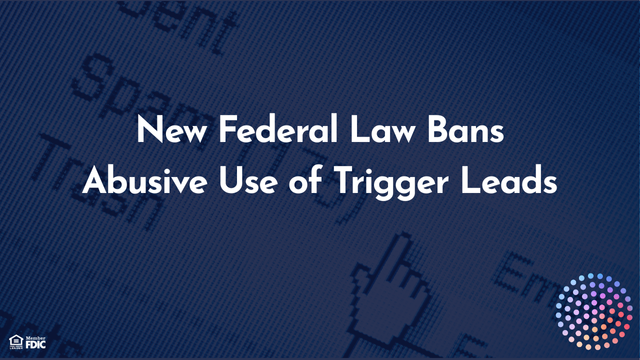An Overview of Earnest Money Deposits in New Jersey
marketingdept • June 17, 2025
An Overview of Earnest Money Deposits in New Jersey
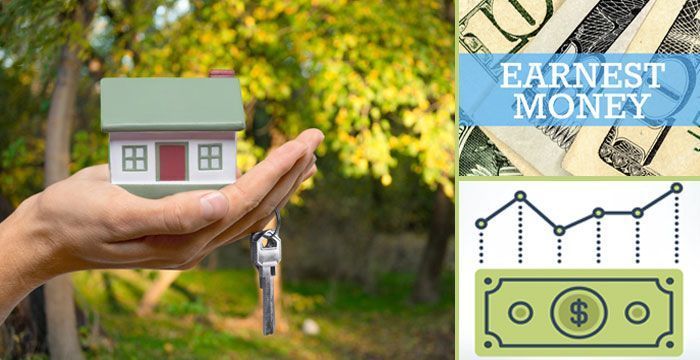
First-time buyers in New Jersey typically have a lot of questions about earnest money deposits. How much earnest money should I provide, when making an offer on a home? Who do I give it to, and what happens to the money? This article addresses these and other questions about the earnest money process in New Jersey.
Let’s start with a basic definition. In a real estate context, the term “earnest money” refers to money provided by a home buyer to show the seller they are serious about buying the property.
In fact, if you look up the word “earnest” in a dictionary, you’ll see that it means “sincere” or “serious.” And that’s exactly the point of an earnest money deposit. The buyer is basically saying to the seller: “I’m serious about buying your house, and I’m not trying to waste anyone’s time.”
This can make a big difference in an active real estate where there are multiple competing buyers. With all other things being equal, an offer that includes an earnest money deposit will probably be chosen over one that does not.
Another common question buyers ask is: How much earnest money should I pay when making an offer? What is the standard amount for an earnest money deposit in New Jersey?
There aren’t any rules, laws or requirements that specify how much you should deposit. In fact, there’s no rule saying that you have to provide earnest money at all. It’s more of a custom, really. And the customary amount can vary depending on market conditions, location, and other factors.
In New Jersey, there is sometimes a two-step process for the earnest money on a home purchase. There might be an initial “good faith deposit” for a specific and customary amount, such as $1,000. The rest of the deposit is then paid a few days later, at a time that is specified within the purchase agreement. This secondary amount might be anywhere from 5% to 10% of the home’s selling price. But it can vary due to a number of factors.
This is where an experienced real estate agent can be helpful. A market-savvy agent can tell you how much earnest money you might want to deposit, based on localtrends and customs. The goal here is to be competitive with the majority of other buyers, by making an earnest money deposit that’s at least on par with — or even higher — than the majority of competing buyers.
In New Jersey, as in most states, the earnest money deposit is usually paid to a disinterested (neutral) third party. This might be the buyer’s attorney, a real estate brokerage, or an escrow agent. It’s generally unwise to give the deposit directly to the seller.
What happens to the earnest money deposit depends on the outcome of the real estate transaction.
This is a basic overview of how earnest money deposits work in New Jersey. To learn more about the customary practices in your local area, we recommend that you consult with an experienced real estate agent.
What Is Earnest Money?
In fact, if you look up the word “earnest” in a dictionary, you’ll see that it means “sincere” or “serious.” And that’s exactly the point of an earnest money deposit. The buyer is basically saying to the seller: “I’m serious about buying your house, and I’m not trying to waste anyone’s time.”
This can make a big difference in an active real estate where there are multiple competing buyers. With all other things being equal, an offer that includes an earnest money deposit will probably be chosen over one that does not.
How Much Should I Deposit?
There aren’t any rules, laws or requirements that specify how much you should deposit. In fact, there’s no rule saying that you have to provide earnest money at all. It’s more of a custom, really. And the customary amount can vary depending on market conditions, location, and other factors.
In New Jersey, there is sometimes a two-step process for the earnest money on a home purchase. There might be an initial “good faith deposit” for a specific and customary amount, such as $1,000. The rest of the deposit is then paid a few days later, at a time that is specified within the purchase agreement. This secondary amount might be anywhere from 5% to 10% of the home’s selling price. But it can vary due to a number of factors.
This is where an experienced real estate agent can be helpful. A market-savvy agent can tell you how much earnest money you might want to deposit, based on localtrends and customs. The goal here is to be competitive with the majority of other buyers, by making an earnest money deposit that’s at least on par with — or even higher — than the majority of competing buyers.
What Happens to the Money?
What happens to the earnest money deposit depends on the outcome of the real estate transaction.
- In cases where the seller turns down the buyer’s offer, the deposit is typically returned to the buyer. And rightfully so.
- If the seller accepts the offer and wants to move forward, the earnest money is usually held in escrow until closing day. It will then be applied to the purchase price.
This is a basic overview of how earnest money deposits work in New Jersey. To learn more about the customary practices in your local area, we recommend that you consult with an experienced real estate agent.
